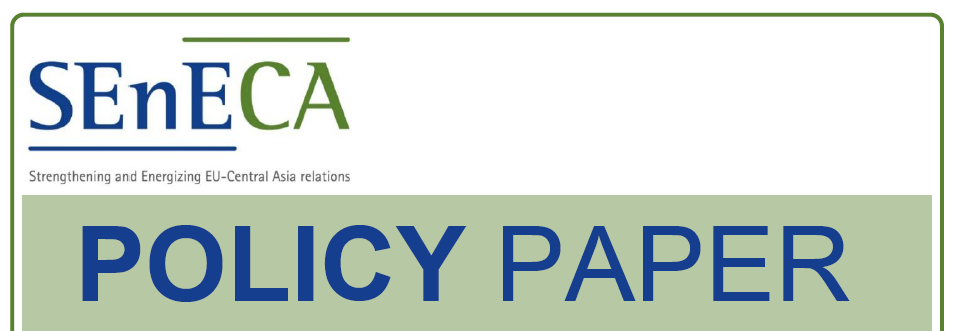Cultural relations - Analysis of the EU’s comparative advantages and Central Asian interests
There are several regional and external actors that are currently engaged in intense competition over the future of Central Asia’s culture (education, media, tourism), social life (people-to-people contacts, civil society) and identity (including politics of memory), to win over the “hearts and minds” of the Central Asian people. However, this issue has been underestimated in previous research of the region. The European Union (hereafter the EU) and its member states are underperforming in this area in comparison to several key external powers, especially Russia. Despite the EU’s claims that Central Asian countries are important partners to them, the EU has not provided sufficient financial commitments and ways of supporting these claims.<br></br>
The paper concludes that the new EU strategy for Central Asia, due to be approved in 2019, should provide a more efficient response to the cultural policies and identity narratives of the key external powers and Central Asian countries. Aside from increasing financial and institutional engagement, the EU should establish a new and innovative identity narrative that would address both how the Union is perceived in Central Asia, as well as how Central Asia is perceived in the EU. The leading theme of this new EU identity narrative should be promoting the importance of a Central Asian cul-tural heritage to the EU and its contribution to the Union.
Vorschau

Zitieren
Rechte
Nutzung und Vervielfältigung:
Dieses Werk kann unter einer Creative Commons Namensnennung - Nicht kommerziell 4.0 Lizenz (CC BY-NC 4.0)
Creative Commons Namensnennung - Nicht kommerziell 4.0 Lizenz (CC BY-NC 4.0)
genutzt werden.
